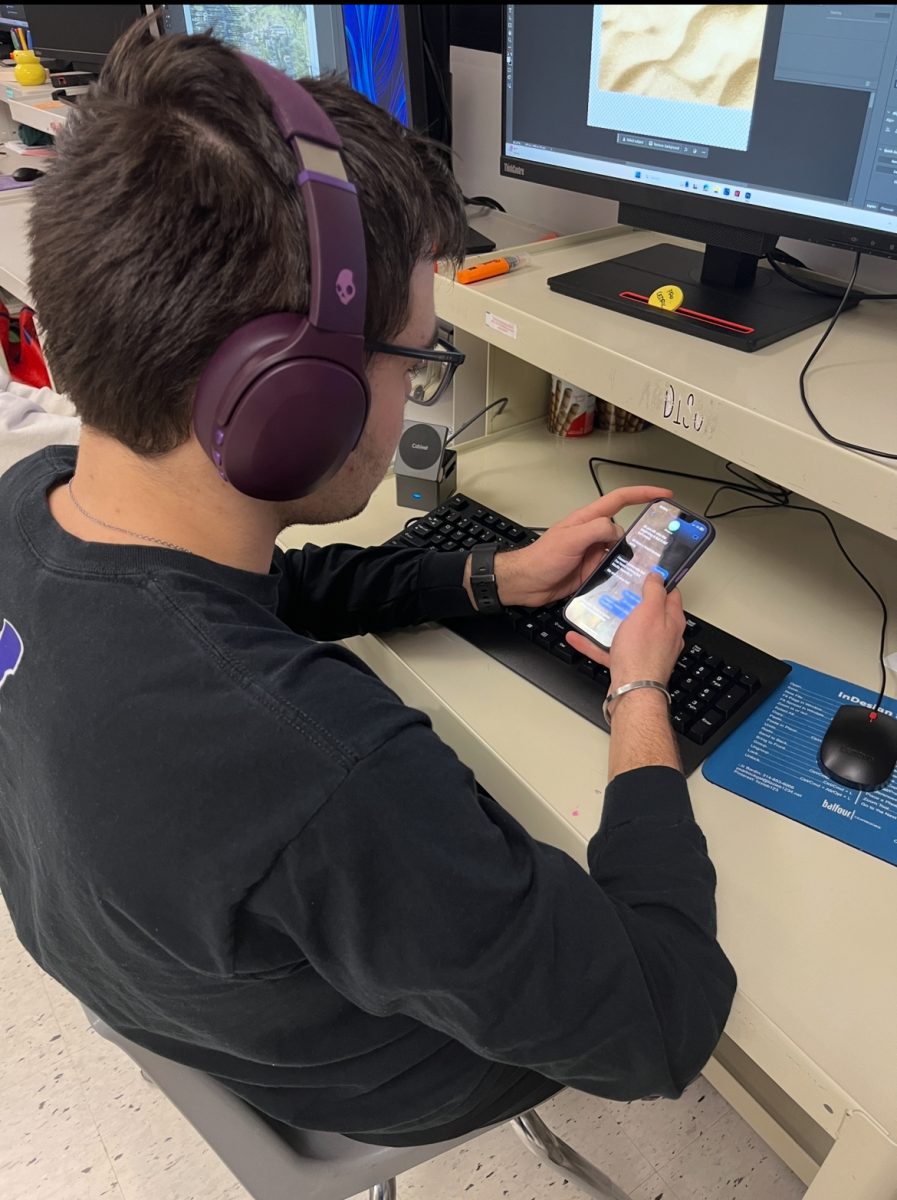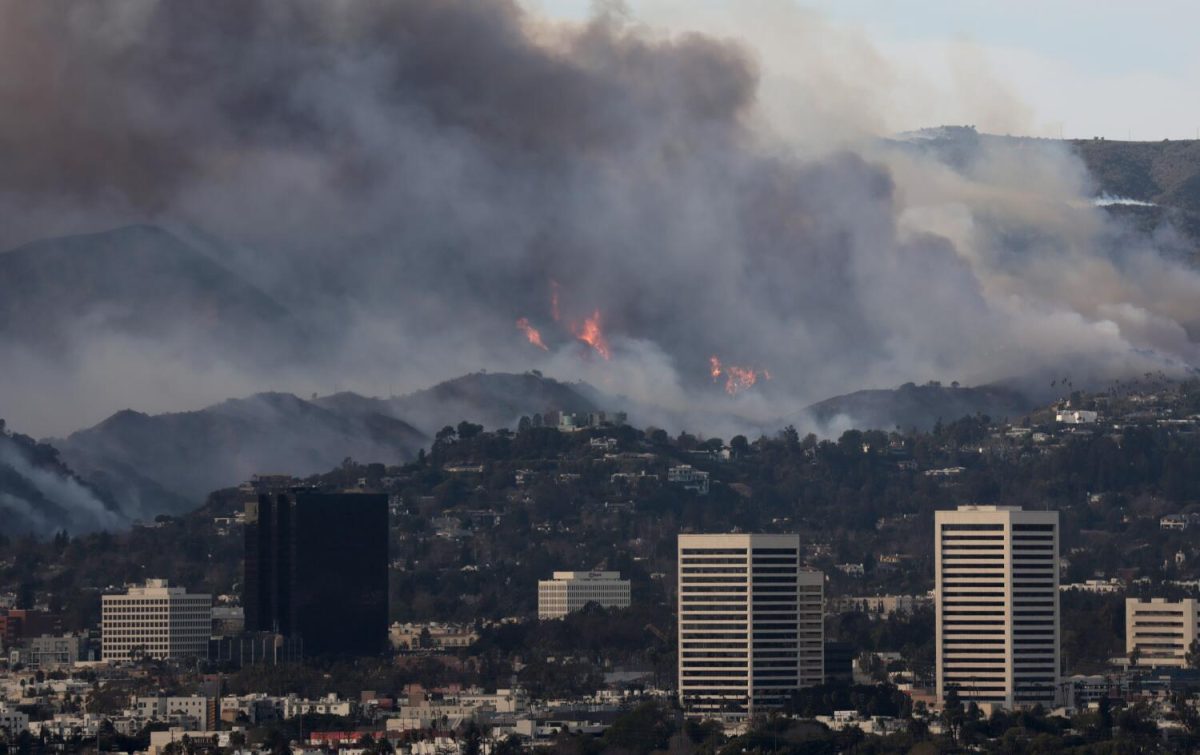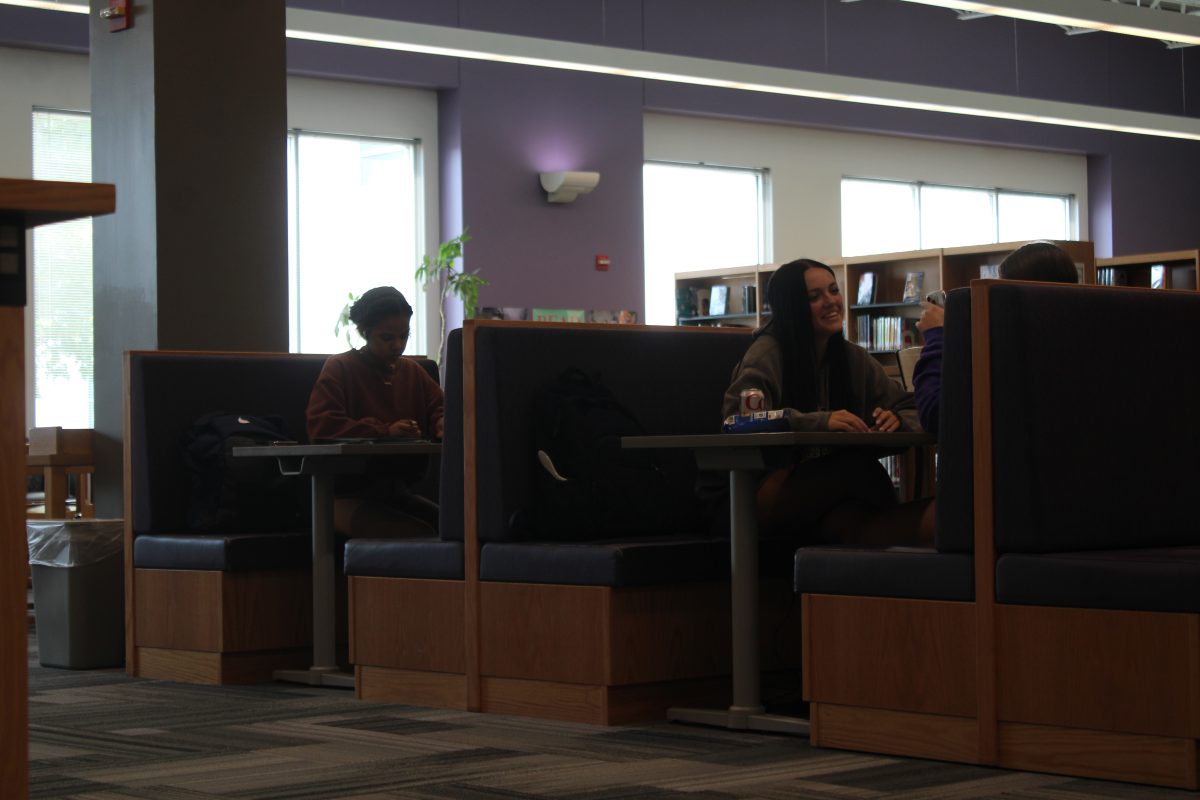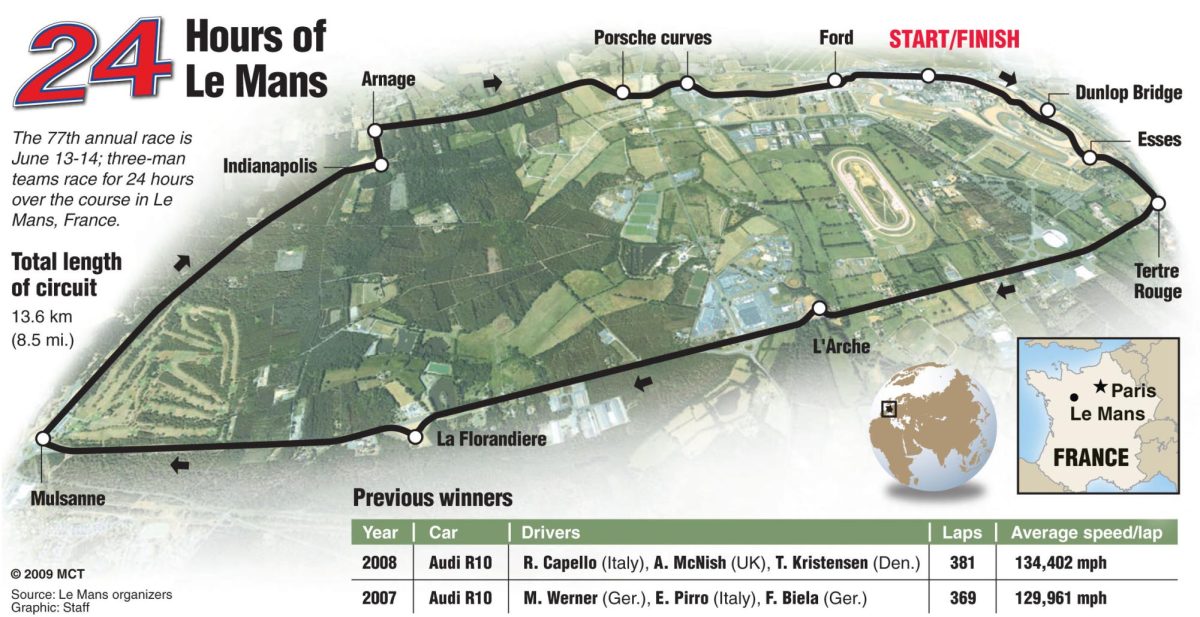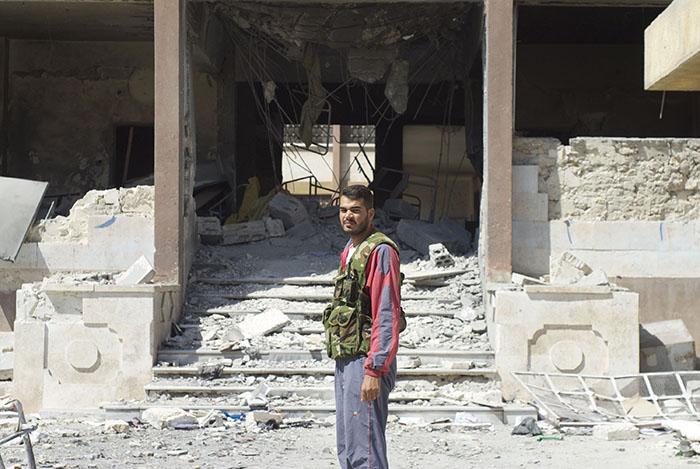Devastation in Aleppo
A Syrian rebel stands in front of a school on September 13, 2012, hit by a Syrian government air strike in Aleppo, Syria. (David Enders/MCT)
February 22, 2017
Syria’s largest, most industrialized city, Aleppo, has crumbled into a war-torn town. Dating back to 2012, the continuous conflicts between the Syrian president, Bashar al-Assad, and forces backing him and opposing rebels have led to the demolition of Aleppo and many other towns.
After forces run by Assad bombed and shot protesters in Syria in 2012, rebel groups retaliated and advanced on Aleppo, taking control of east Aleppo and the government forces there, according to thenewdaily.com. For the better half of four years, the racked city was in a deadlock. However in November of 2015, the Syrian government recaptured a large portion of Aleppo territory. Russian allies backing Assad led airstrikes on Aleppo in July of 2016, making it easier for troops on Assad’s side to surround rebel groups, according to BBC.com. Furthermore, in December of 2016, forces loyal to the Syrian government obtained even more territory in Aleppo.
Tens of thousands of civilians have died since the commencement of the fighting, and there has been little to no help delivered to those who need it due to Assad not allowing humanitarian aid to be delivered to people in east Aleppo. At one point, food rations had completely run out and a vital hospital housing patients had been destroyed.
“This is a war against Syria’s health workers,” Secretary-General Ban said, according to www.aljazeera.com. “Deliberate attacks on hospitals are war crimes. Denying people access to essential health care violates international humanitarian law. Even a slaughterhouse is more humane.“
A ceasefire agreement was reached on Dec. 15, 2016. This started up a rush of bus evacuations for citizens, however, later that same day, the Syrian state news agency reported that some evacuees were smuggling weapons and communication devices. This put a halt to the buses carrying thousands of refugees to Idlib. After some time, Assad allowed for the continuation of evacuating only those who were loyal to the Syrian government according to CNN.com. On Dec. 18, buses were set aflame which put another stop to the evacuation process.
The Syrian regime has been accused of violating the ceasefire by continuing airstrikes over the city, which has now led to the full liberation of the entire city, according to www.workers.org. Though some people managed to find refuge or safely escape the treacherous warfare, there were still numerous families stuck in Aleppo, who have now been evacuated.
“I don’t know what he (Assad) hit us with,” a Syrian woman said, according to CNN.com. “We were at home sleeping. Suddenly, the whole building just fell on us. Oh my god! All my children are gone.”
Many civilians are in desperate need of medical aid, food, clothing, shelter and warmth. The Norwegian Refugee Council is aiding citizens by providing camp spaces to house refugees in need of a warm place to stay. There are multiple ways to help, organizations like Doctors Without Borders, who send medical supplies to places that require it, The International Rescue Committee, who provide families with money to buy food and other necessities, and the International Committee of the Red Cross, who offers immediate aid and relief to those affected, take donations. Other ways to supply assistance is by donating coats, blankets and other essentials to similar organizations.











